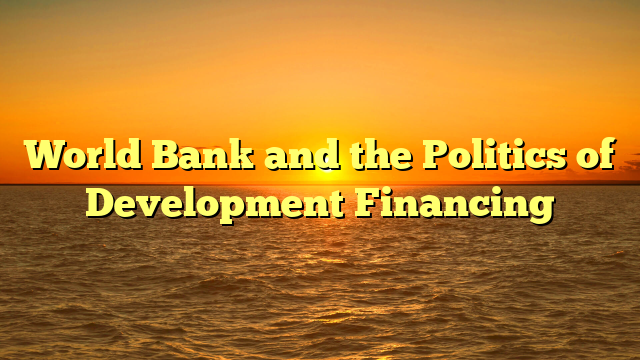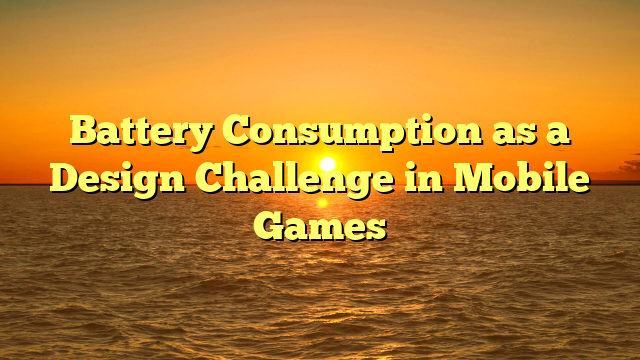global infrastructure and development programs are becoming arenas of strategic influence
The World Bank, long considered the linchpin of global development financing, is now operating within a political economy environment defined by competing visions of growth, sovereignty, and influence. Traditional narratives that framed Pokemon787 login the Bank as a neutral, technocratic institution are increasingly challenged by geopolitical realignments. Emerging economies are no longer passive recipients; they actively weigh alternative sources of capital that may offer fewer political constraints or faster delivery timelines, from China’s Belt and Road Initiative to regional development banks in Africa and Latin America.
This shift has prompted the World Bank to recalibrate its approach. Lending decisions, previously driven primarily by economic viability metrics, now incorporate political, social, and strategic considerations. Projects must navigate domestic legitimacy concerns in borrower countries, aligning with national development priorities while balancing environmental and social safeguards. The institution faces heightened scrutiny not only from recipient governments but also from civil society and donor constituencies demanding transparency and measurable impact.
Governance and internal legitimacy remain ongoing challenges. Decision-making structures favor major shareholders, often reflecting the influence of high-income countries, which can create tension with middle- and low-income members seeking greater voice. Attempts at reform have produced incremental adjustments, yet the perception of asymmetry continues to shape the Bank’s political capital. In an increasingly multipolar financial landscape, perception of fairness and inclusivity is as critical as technical expertise.
Compounding these challenges is the emergence of competitive financing networks. Countries now have access to bilateral loans, sovereign wealth fund partnerships, and private-public collaboration models that can bypass traditional World Bank mechanisms. This diversification of capital sources forces the Bank to demonstrate relevance by emphasizing not just financing volume but strategic value—expertise in project design, risk mitigation, and policy advisory that alternative lenders may lack.
The broader implication is that the World Bank’s role has transitioned from a purely developmental financier to a geopolitical actor within the global political economy. Its capacity to influence development outcomes, mediate crises, and shape institutional norms depends not only on capital allocation but also on the subtle exercise of legitimacy, persuasion, and coalition-building across divergent economic blocs. The Bank’s effectiveness will increasingly be judged on its ability to navigate this complex interplay of economics, politics, and international diplomacy.



